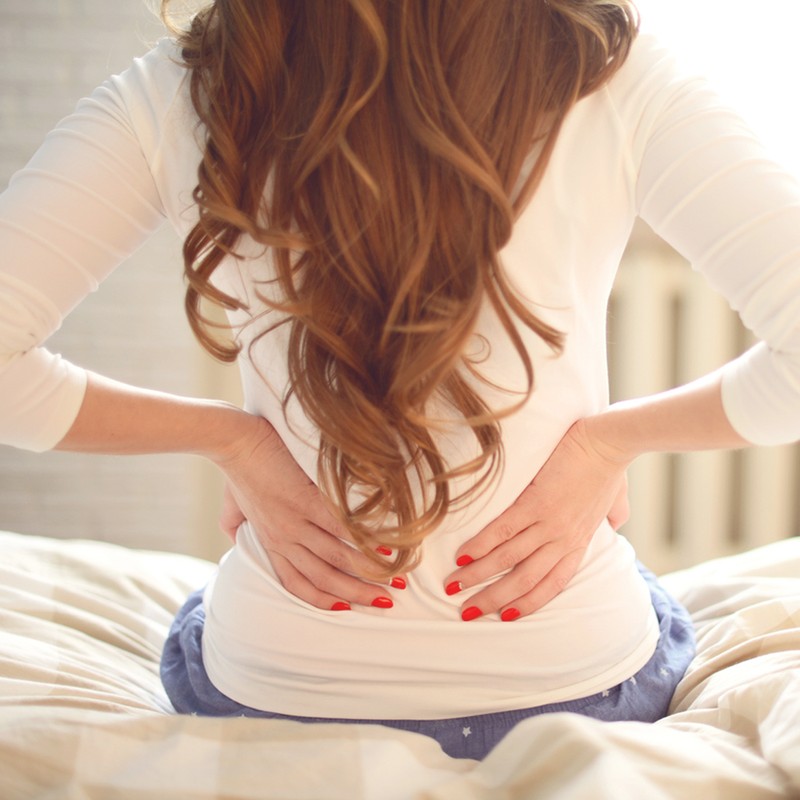How To Manage Back Pain?
Sit Up Straight
Growing up you were probably told to sit up straight by your parents and there’s good reason for this. Most of us walk around with a hunch or with our necks slightly more forward than the rest of our body (think of a chicken). Lying on sofas, slouched over computers even texting ton your phone (tech-neck- it’s a thing!) All these factors lead to ‘adaptive shortening’, where tight muscles stay in the same position and along with other discs, vertebrae and ligaments is put under strain which hurts surrounding tissues.
Keep Moving
We don’t need to tell you that exercise helps almost everything. The more you move, the more supple your muscles will become plus the extra warmth from worked muscles will ease pain and loosen the muscles to give natural lubrication. This in turn, eases pain.
Use Anti-Inflammatory Creams
Avoid popping a pill to ease discomfort and instead use a cream on the area that bothers you the most. By applying a cream topically and to the exact point of pain will give you a sense of relief both temporarily and permanently too. It’s far less harmful for your body and in the long term it’s far better for you to become reliant on a cream than a pill. SL highly recommend Natura Bissé Essential Shock Intense Cryo-Gel, it’s not cheap, but it eases discomfort and dull aches instantly.
Find Ways To Reduce Stress
Stress is poison for your body and it can put a physical strain on your body as well as your mind. Meditation is a key way to reduce stress. Often our fear of pain makes us freeze up plus stress also reinforces the problem by sensitising our pain receptors. The more stressed you are, the more you feel pain.
Chill Out
Ice is best in the first 24 to 48 hours after an injury because it reduces inflammation. Even though the warmth feels good because it helps cover up the pain and it does help relax the muscles, heat on heat will only encourage inflammation. If you prefer the sensation of hot than cold, only switch after 48 hours has passed, and never leave the compress on for longer than 20 minutes at a time.
Swap Your High Heels To Flats
Exchange your four-inch pumps for flats or low heels (less than 1 inch). High heels create a more unstable posture, and increase pressure on your lower spine and overtime this can cause severe pain, especially to your lower back. Even if it’s just for your commute, choose low heels over high. Your back will thank you for it.
Think Ergonomically
If you spend the majority of your working day slumped over a desk, ensure your workspace is a healthy environment that avoids over extending your back. Sit on a desk chair that supports your lower back and allows you to keep your feet planted firmly on the floor.
Up Your Vitamin D
There is a close correlation between vitamin D deficiency and back pain and can often the lack of Vitamin D can cause bones to ache, particularly in the back and often worse at night (for no obvious reason). Sound familiar? Up your vits to ease discomfort, particularly if you suffer from lower back pain.
Consult A Physio
Some will say see a physio, while others will advise a chiropractor. To be clear, they both deal with back problems, however while physiotherapists are more hands-on and will manipulate the area of discomfort, chiropractors work more organically. Looking for the route of the problem and seeing the body as a whole. Either way, they can both help to treat back pain, long term. If you have other symptoms however, such as numbness, weakness or tingling, see your GP immediately.
DISCLAIMER: We endeavour to always credit the correct original source of every image we use. If you think a credit may be incorrect, please contact us at info@sheerluxe.com.


